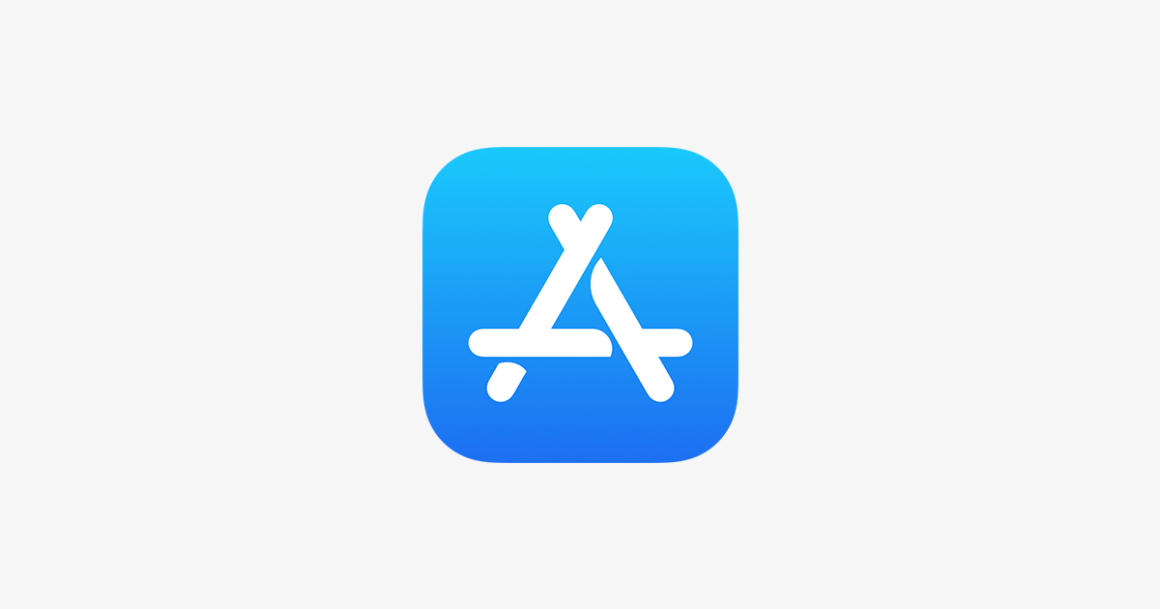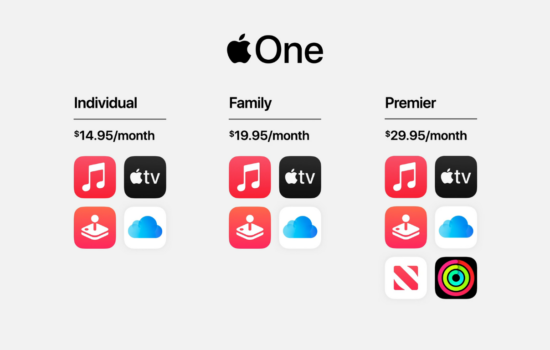In a recent turn in the ongoing legal battleground between Apple and Epic Games, Apple has publicly accused Epic of seeking to exploit the company’s platform without paying for it. The dispute, centred in Australia, follows a landmark decision where Australia’s federal court found that Apple’s restrictions on sideloading and alternative payment options contravene competition law.
For those new to the fray, sideloading simply means installing apps directly onto your device without going through Apple’s official App Store.
Enter the latest twist, from a case management hearing on October 17, 2025. Epic proposed bold fixes: court-ordered sideloading for iPhones in Australia, complete with no fees to Apple. The goal? Restore Fortnite to iOS and empower developers to bypass the App Store’s gatekeeper role.
Apple didn’t hold back. In a pointed statement, the company fired off: “Epic is now asking to free ride on Apple’s platform and dismantle every safeguard we’ve put in place to protect users and developers—a request that goes well beyond the Court’s ruling.” Apple stressed its massive investments in the ecosystem and warned that Epic’s plan could expose users to malware and data breaches.
In 2020, Epic argued that rules blocking sideloading and alternative payment options violated Australia’s Competition and Consumer Act, effectively locking developers into Apple’s 30% commission on in-app purchases.
The dispute mirrors global tensions. In the U.S., a 2021 ruling favored Apple on most counts but criticized its anti-steering provisions. Meanwhile, the European Union’s Digital Markets Act has already forced Apple to open up to sideloading. Australia now joins the chorus, testing whether local laws can pry open the “walled garden” of iOS.
Fast-forward to August 2025: Australia’s Federal Court delivered a mixed verdict that leaned toward Epic. Justice Michael Beach ruled that Apple’s bans on sideloading and rival payment systems indeed breach competition laws. This was a win for Epic, validating claims that these policies harm developers and consumers by limiting choices.
Yet, the court wasn’t all one-sided. It affirmed Apple’s legitimate concerns over security and privacy—core pillars of the iPhone experience—and upheld the company’s right to charge for its platform’s infrastructure. No final remedies were outlined then, leaving the door open for further debate.
What do you think—does Epic deserve a freer path, or is Apple’s caution the real safeguard? Share your take in the comments below. Stay updated with the latest news on this by downloading the Appleosophy App from the App Store or by visiting our website.







